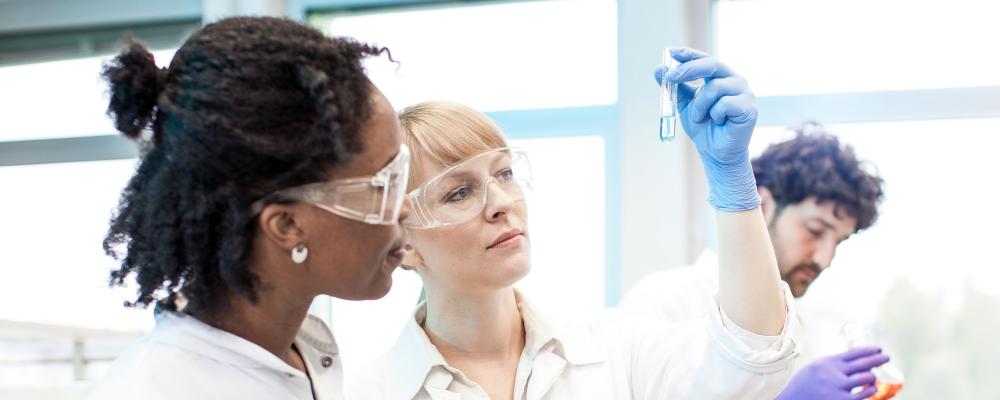Our laboratories look forward to seeing you at the Fête de la Science (French Science Festival)! On this occasion, you will have the opportunity to meet with our scientists, learn about their research topics, take part in activities on the prevention of food poisoning, attend workshops on plant parasites and antimicrobial resistance, and much more.
